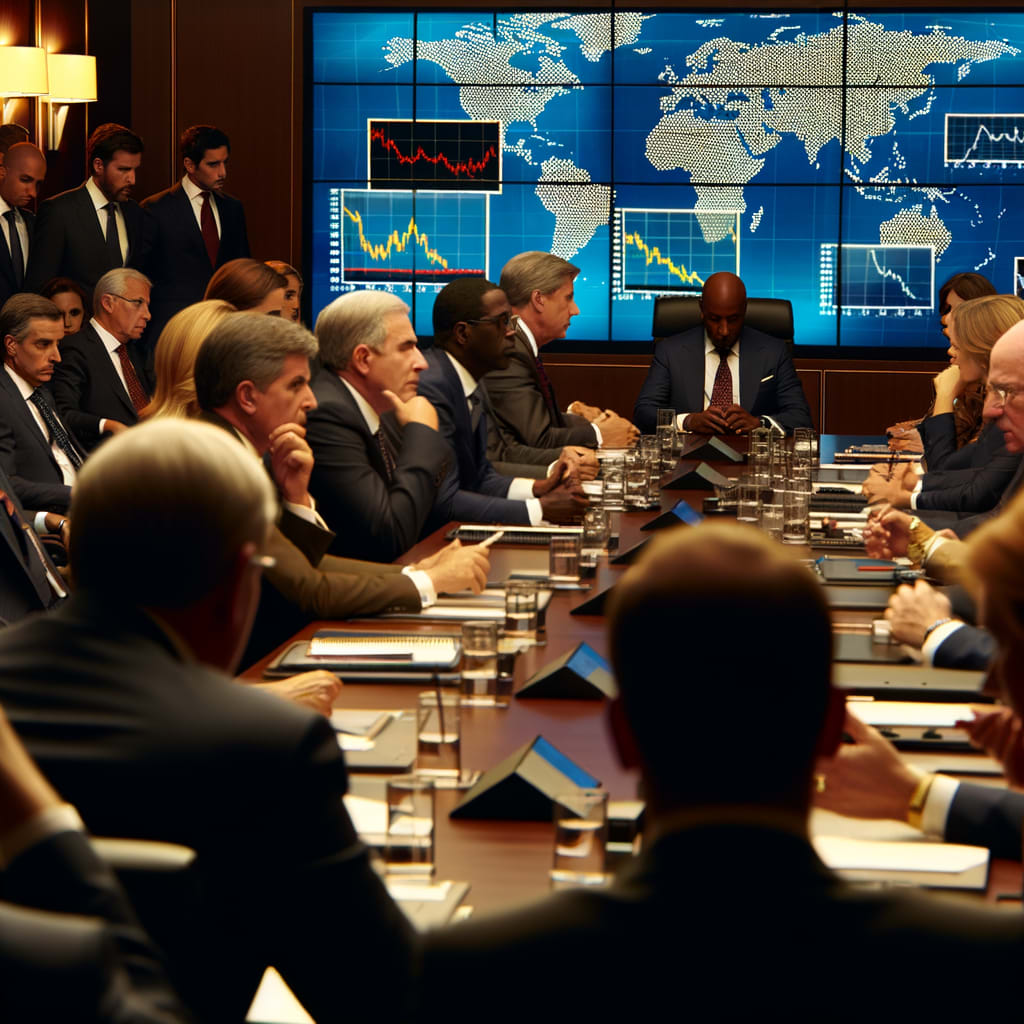Israel Strikes Iran: Conflict Escalates with Casualties, Missile and Drone Attacks
In an escalation of tensions in the Middle East, Israel has launched a series of strikes on Iran, causing the deaths of several Iranian military officials and nuclear scientists, and leading to a rise in oil and gold prices. The Israeli strikes targeted Iranian nuclear and military sites, resulting in multiple waves of retaliation from Iran, including missile and drone attacks that have caused civilian casualties and injuries on both sides.
Background and Context
The Israeli strikes, described as a preemptive
attack by Israel's Defense Minister, Israel Katz, were conducted on Iranian nuclear and military sites, including the main enrichment facility in Natanz. The strikes reportedly resulted in the deaths of Hossein Salami, the commander-in-chief of the Islamic Revolutionary Guard Corps (IRGC), and several nuclear scientists. The strikes were part of Operation Rising Lion,
which Israeli Prime Minister Benjamin Netanyahu said would last for many days.
The Israeli strikes followed weeks of simmering tensions after the collapse of renewed negotiations over Iran’s nuclear program. The attacks also come amidst reports of potential strikes on Iranian nuclear sites being discussed by Israel last month, following warnings by U.S. President Donald Trump that Israel could soon hit Iran's nuclear sites.
Retaliatory Attacks and Casualties
In response to the Israeli strikes, Iran launched multiple waves of ballistic missiles and over 100 drones, targeting various locations in Israel. Iran's retaliation resulted in the deaths of at least three people and injuries to dozens in Israel. Iran's ambassador to the UN, Amir Saeid Iravani, reported over 70 deaths and 329 injuries in Iran due to the Israeli strikes.
Global Reactions and Implications
The escalating conflict has drawn varied responses from the international community. Germany condemned Iran's expected retaliation, calling it 'indiscriminate', while Russia condemned the Israeli strikes as 'completely unprovoked' and a 'very dangerous provocation.' U.S. President Donald Trump stated that the U.S. would 'defend itself and Israel' if Iran retaliates, although the U.S. denied direct involvement in the Israeli strikes.
The escalating conflict and its potential implications have also sparked concerns about global economic impacts. The rising tensions in the Middle East, a focal point of global oil production, led to oil and gold prices soaring, with Brent crude up more than 10%, reaching its highest level since January.
Current Status
As the conflict continues to escalate, the situation remains critical, with casualties increasing on both sides. The Israeli strikes and subsequent retaliation from Iran have resulted in unprecedented damage and have exposed vulnerabilities in Iran's defense. The conflict has also led to increased concerns about potential destabilization in the region and globally.

